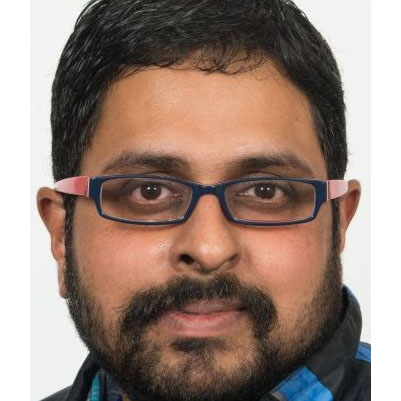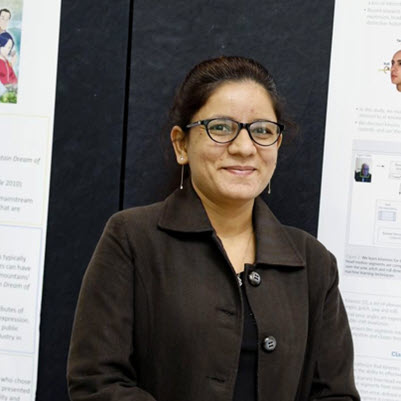Foreign Influence in the 2022 U.S. Midterm Elections—A Case Study in Foreign Interference and Election Meddling

Abstract:
This article investigates how both Russia and the People’s Republic of China (PRC) seek to influence the shape of electoral debates in a target country. While previous research has examined presidential election years, this research captures efforts to shape American attitudes when the chief foreign policy maker is not under consideration. It examines evidence of coordination between foreign influencers using data from the 2022 U.S. midterm elections on Twitter using computational methods to support two theoretical conclusions. First, it finds some evidence of either coordination or convergence between Russian and PRC influence objectives. Second, it relates these influence efforts to distinct pressure points in political systems.
AUTHORS

National Security Hub,
Canberra, Australia
University of Canberra,
Canberra, Australia
Associate Professor Michael J Jensen is co-convener of the National Security Hub at the University of Canberra in the Faculty of Business, Government, and Law. He has completed research projects for the Australian Defence, Science, and Technology Group concerning influence operations and he has presented work in this field to the audiences in the Department of Defence and the Department of Foreign Affairs and Trade.

National Security Hub,
Canberra, Australia
University of Canberra,
Canberra, Australia
Sascha-Dominik Dov Bachmann is a Professor in Law at the University of Canberra and the Co-Convenor of its National Security Hub. He is a Fellow of NATO SHAPE Brussels as well as a Fellow of the Security Institute for Governance and Leadership in Africa, Faculty of Military Science, Stellenbosch University. He acted as NATO SME (Cyber and Rule of Law) for the 2011 Countering Hybrid Threats Experiment in Tallinn, Estonia and The Hague. He is also an extraordinary Reader in War Studies (docent) at the Swedish Defence University.

University of Canberra,
Canberra, Australia
Ram Subramanian is an Associate Professor at the University of Canberra. His past affiliations include IIT Ropar, and UIUC, Singapore. He was nominated as Multimedia Rising Star in 2015 and received the IEEE Transactions on Affective Computing Best Paper Award in 2019. Subramanian's research focuses on human-centered computing, and the design and development of Interactive/AI systems utilizing non-verbal behavioral cues. His research explores the use of multiple information modalities (such as visual, auditory, physiological) for inference and/or user feedback.

University of Canberra,
Canberra, Australia
Monika Gahalawat is presently a PhD student at the University of Canberra in the Faculty of Science and Technology. She completed her Master’s from Indian Institute of Technology Roorkee, with a focus on sentiment analysis. Her previous research projects include developing a reliable and customisable application for data handling using Apache Solr and Python. Her current research interests encompass machine learning and data analysis techniques, with a specific focus on depression assessment using behavioural expressions.
Published In
Journal of Information Warfare
The definitive publication for the best and latest research and analysis on information warfare, information operations, and cyber crime. Available in traditional hard copy or online.
Quick Links
Archive

